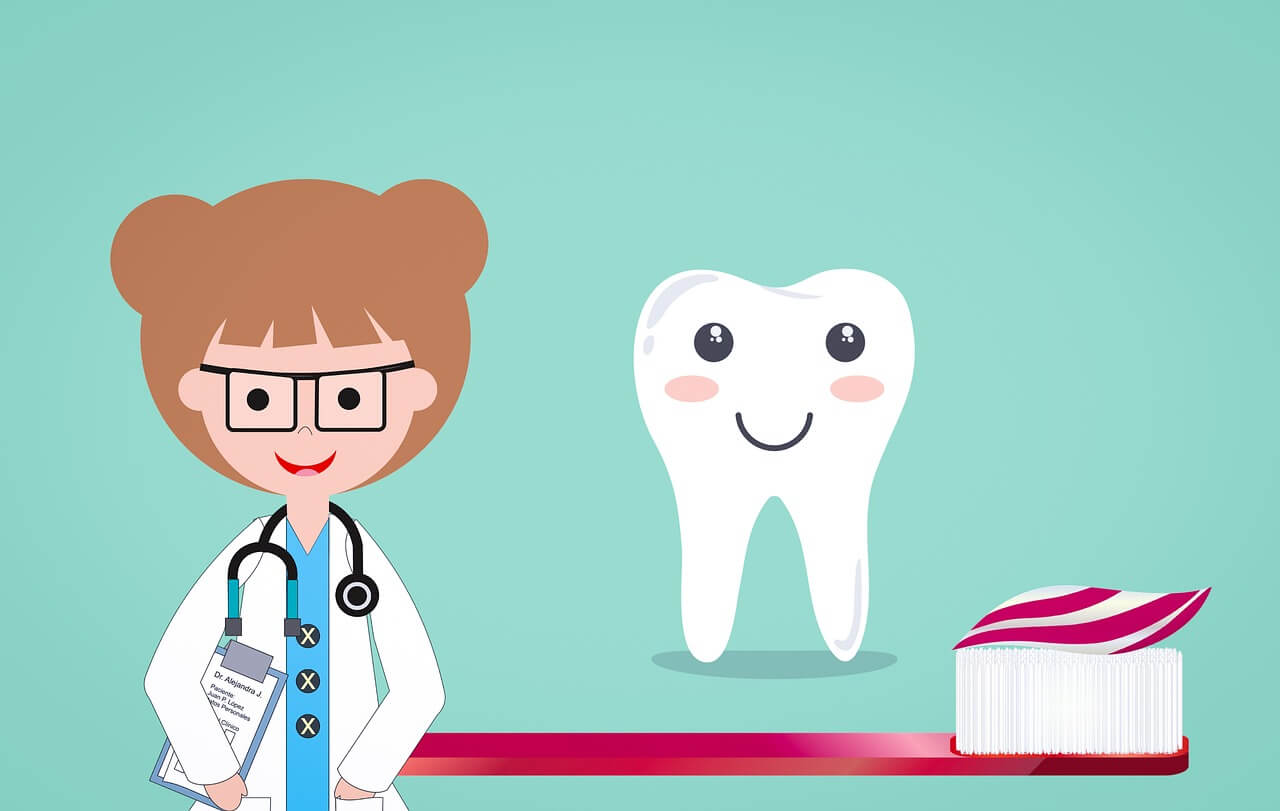
Practical Ways to Recover from Wisdom Tooth Extraction
Wisdom tooth extraction is a common dental procedure that helps remove impacted teeth and prevent future dental problems. This procedure is often done to alleviate pain and discomfort caused by overcrowding and infection. During the process, the wisdom teeth or third molars are removed from the back of the mouth. The procedure is quick and relatively painless, but it’s important to have a professional dentist perform it to ensure the best possible outcome.
By having them removed, you can help prevent more serious dental problems from arising, such as misalignment, gum disease, and overcrowding. To learn more about wisdom tooth extraction, you can check out this link, https://ashforddentalcentre.com.sg/services/wisdom-tooth-surgery/. It’s a small procedure that can make a big difference in the long run, giving you a lifetime of smiles.
- Ensure Adequate Rest and Relaxation
After the surgery, it’s essential to take it easy and get enough sleep. If you don’t rest properly, your body won’t be able to heal, and you’ll end up feeling more pain and discomfort. So, make sure you’re taking regular breaks and getting plenty of sleep.
- Take All Prescribed Medications as Directed
One of the most practical ways to ensure a successful recovery from wisdom tooth extraction is to take all prescribed medications as directed. This includes painkillers, antibiotics, and other medications that may be prescribed. Taking the medications as instructed helps to reduce swelling and pain, and promotes faster healing. Additionally, consider exploring supportive therapies for enhanced recovery, such as IV drips for the immune system. These targeted interventions can contribute to a smoother healing process, providing essential nutrients directly to the body to support overall immune function during the recovery period.
- Follow The Recommended Diet for Post-Extraction Healing
Eating a nourishing, nutrient-rich diet can help promote healing and reduce the risk of any potential complications after the procedure. It can also help minimize pain, swelling, and inflammation. To assist in your recovery, it is recommended to focus on easy-to-eat eat foods that are packed full of essential vitamins and minerals. Soft and moist foods are a great way to keep up your energy levels and nourish the body. Try to avoid hard, spicy, and acidic foods that can irritate the extraction area and slow down healing.
- Refrain From Smoking and Drinking Alcohol
Smoking and drinking alcohol are two of the worst things you can do when you’re trying to recover from wisdom tooth extraction. It’s important to understand that smoking and drinking alcohol can actually slow down the recovery process. When you smoke, the chemicals in the cigarette enter your bloodstream, which can cause additional swelling and bleeding in the area. Furthermore, alcohol can thin your blood, which can make any bleeding worse. Both substances also cause dehydration, which can slow down the body’s natural healing process. Therefore, it is important to steer clear of smoking and drinking alcohol when recovering from a wisdom tooth extraction.
- Keep The Extraction Site Clean and Free of Debris
Ensuring that the area is clean can help to reduce the chances of infection and promote fast healing. It is important to gently rinse the extraction site with warm salt water several times a day and use a soft toothbrush to remove any food particles or debris that has accumulated.
- Use A Cold Compress to Reduce Swelling
Cold compresses help to reduce inflammation and swelling in the area, as well as provide soothing relief. Cold compresses can be used for up to 20 minutes at a time and should be applied as often as needed for the best results. The cold temperature helps to constrict blood vessels and reduce swelling, making the area more comfortable and allowing for a faster recovery. Cold compresses can also help to prevent infection, reduce pain, and reduce the risk of complications. With proper use and treatment, cold compresses can be a useful tool to help you recover from wisdom tooth extraction and reduce swelling in the area.





